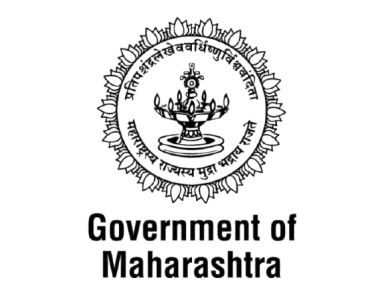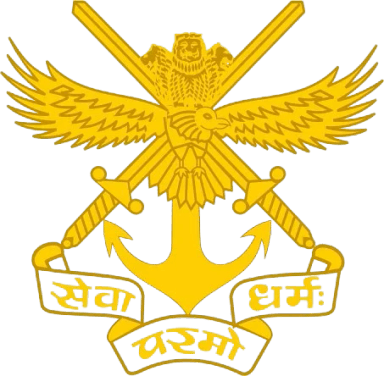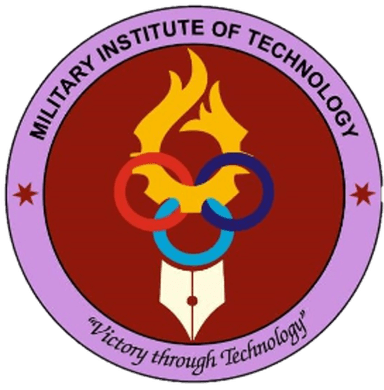Sediment Classification and Field Experiments at Khadakwasla Lake
Project Overview
The Khadakwasla Lake Project is a groundbreaking freshwater research initiative by the Maritime Research Center (MRC). It focuses on critical areas like underwater channel characterization and sediment classification, providing invaluable insights into tropical aquatic environments.
Conducted with leading researchers and extensive field experiments, this project sets new benchmarks in underwater acoustics and sustainable water management, contributing significantly to both scientific advancement and practical applications.
View Concept Note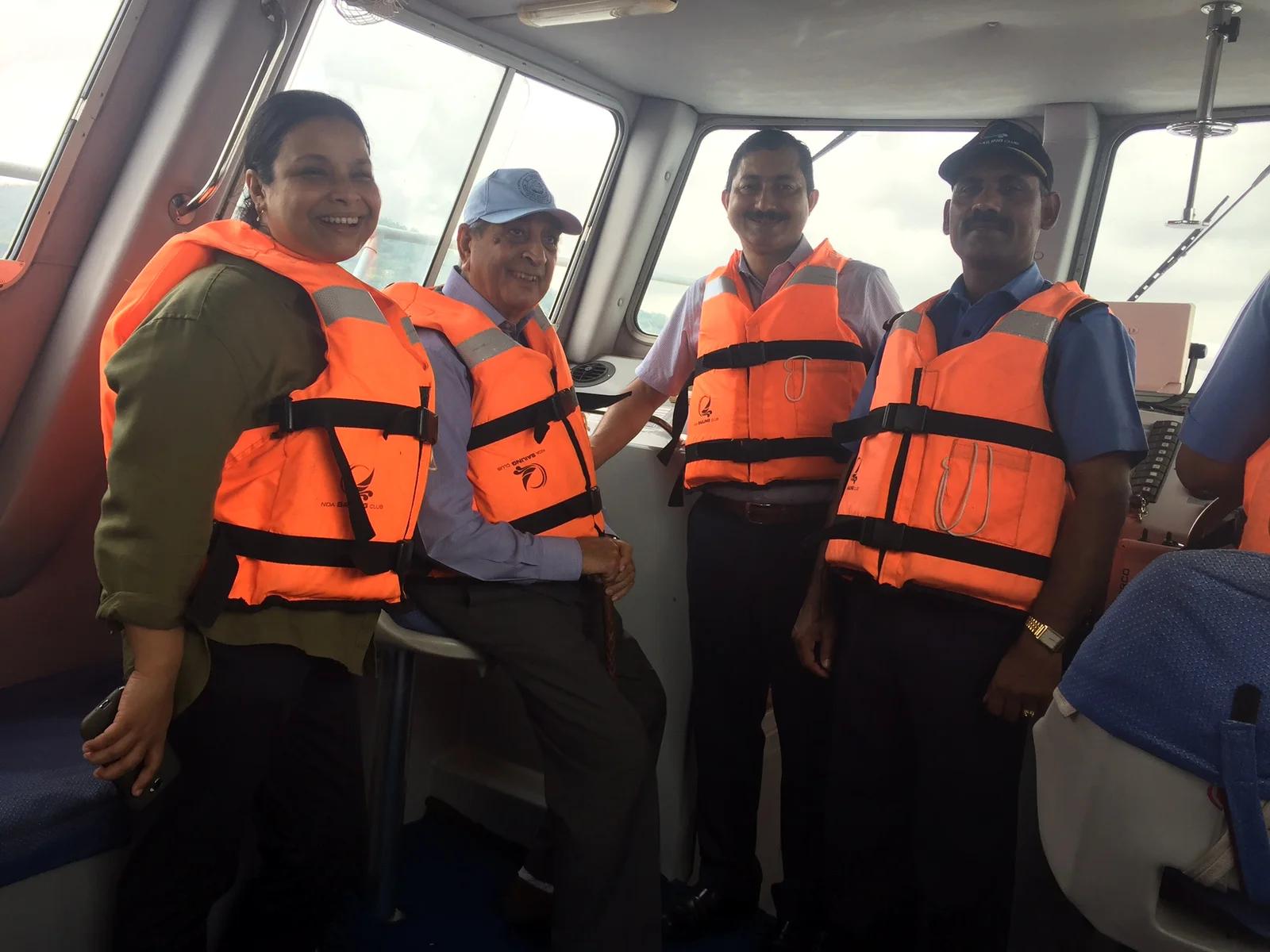
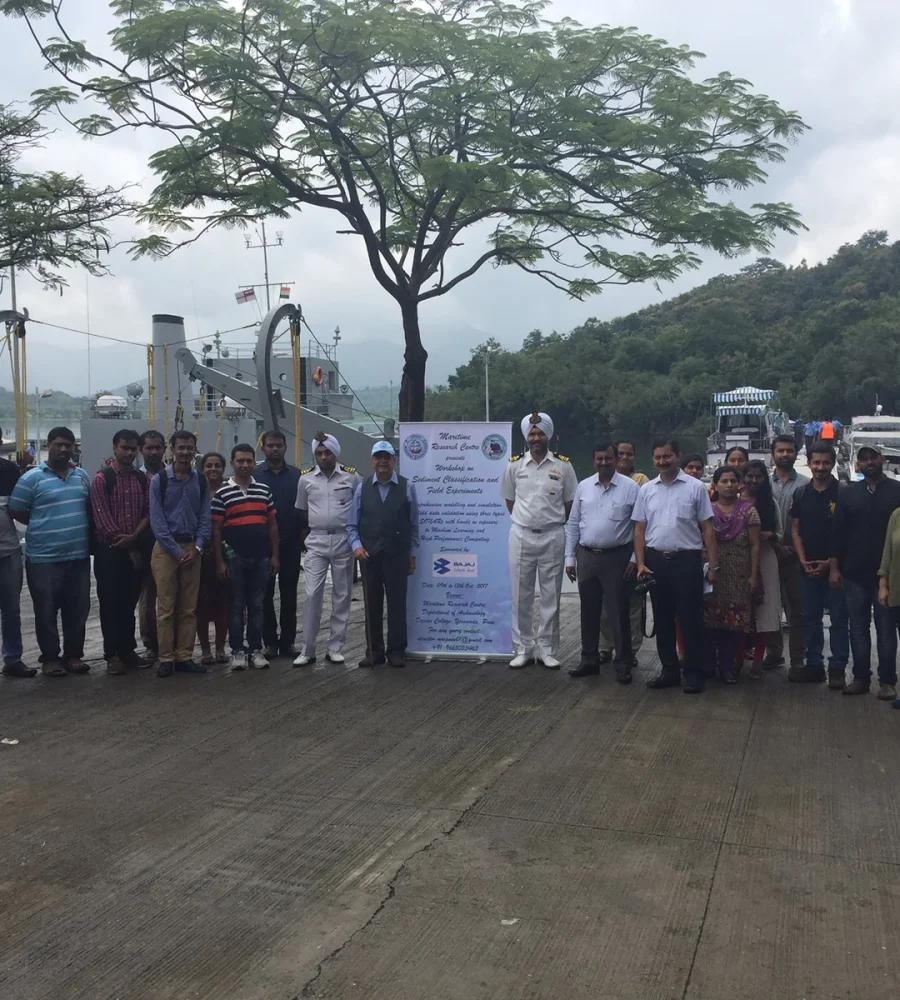
Objectives & Significance
|This research project was designed with clear goals to advance both science and policy.
- To characterize the underwater acoustic channel in freshwater tropical environments.
- To develop methodologies for accurate sediment classification using sonar technology.
- To provide a comprehensive dataset for future research and model validation.
- To contribute to sustainable water management practices and policy formulation.
The findings from this project are crucial for understanding complex underwater dynamics, supporting environmental conservation, and informing strategic decisions related to water resources.
Core Research Highlights
Our research at Khadakwasla Lake delved into several critical areas, pushing the boundaries of underwater acoustics and environmental understanding.
Acoustic Propagation
Investigating seasonal thermal effects on underwater sound transmission, crucial for accurate sonar operations.
Sound Speed Profile (SSP)
Analyzing echo distortion due to temperature variations, enhancing the precision of acoustic measurements.
Sediment Classification
Utilizing advanced sonar techniques for detailed analysis and classification of lakebed sediments.
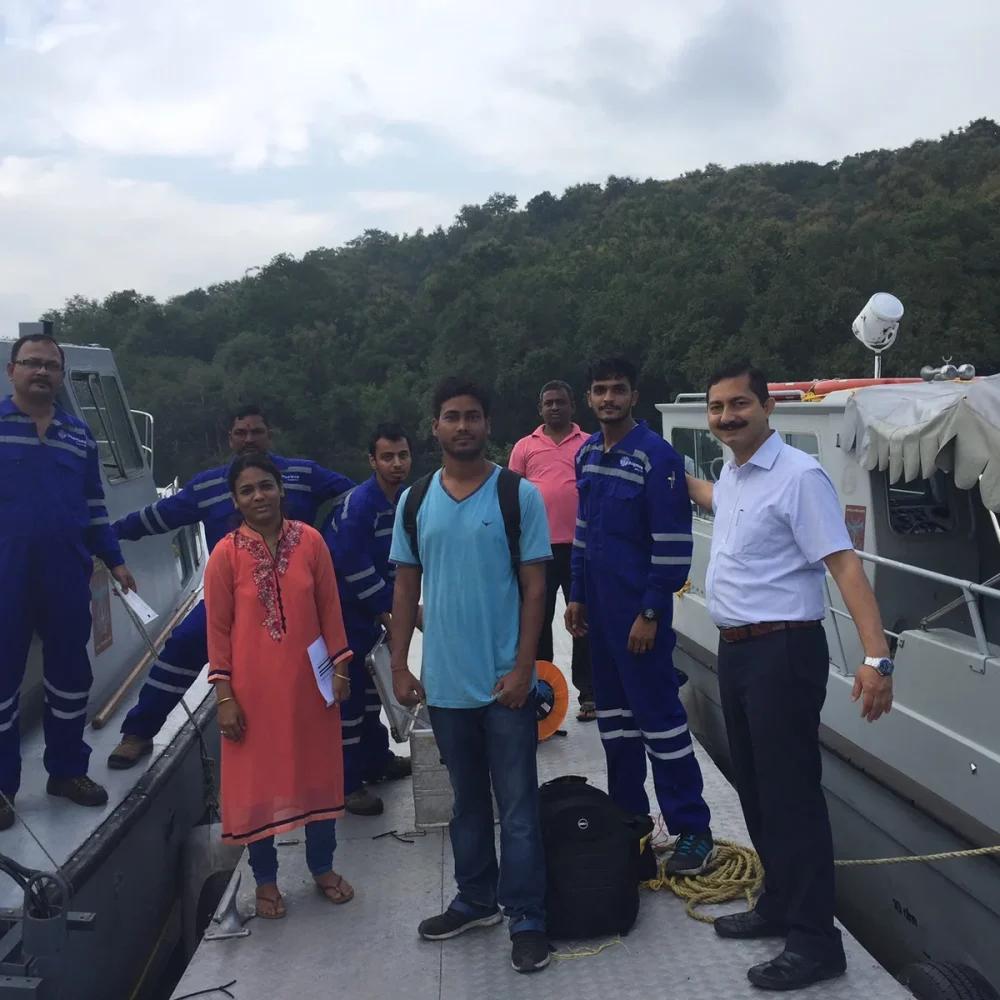
Field Experiments & Workshop
A vital aspect of the project was its extensive fieldwork and training component. In October 2017, MRC organized a comprehensive workshop at Khadakwasla Lake, bringing together over 25 researchers, PhD scholars, postgraduate students, and young professionals from various institutions.
Participants conducted real-time experiments using advanced instruments, including:
- Side Scan Sonar: For detailed imaging of the lakebed.
- Single Beam Sonar: For precise depth measurements.
- Sub-Bottom Profiler: To analyze sediment layers beneath the surface.
- CTD Probe: For water column profiling (Conductivity, Temperature, Depth).
These tools helped map underwater parameters, study sediment layers, and demonstrate practical sonar deployment. The workshop offered invaluable hands-on experience and fostered a culture of collaborative learning.
Outcomes & Future Roadmap
Over its three-year duration, the project generated invaluable data sets that have already supported the research work of multiple PhD scholars, postgraduate students, and interns at MRC. It has established a new benchmark for conducting large-scale freshwater field experiments in India.
Looking ahead, MRC aims to:
- Expand similar studies to other tropical water bodies.
- Share insights with policymakers for sustainable water management.
- Develop tools to monitor and simulate underwater channels efficiently.
Collaborators & Support


